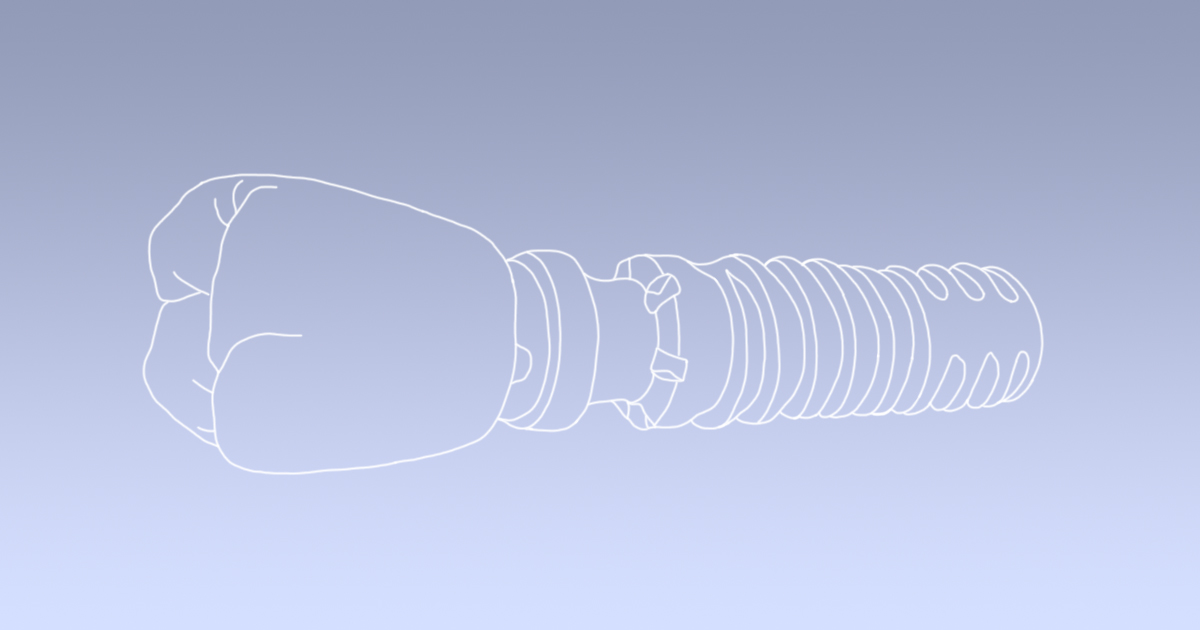
When it comes to missing teeth, there are many solutions to choose. Whether you are missing a single tooth or multiple, chances are there is one solution which is the most optimal for your specific treatment.
In this post, we will be discussing three of the most popular restoration for missing teeth; dentures, bridges, and dental implants. Each option has its own set of benefits, but which is the right option for you?
We will explain the purposes of each restoration and highlight their advantages. As a result, we hope that this article provides you with a better understanding of these options.
What are dentures?

Dentures are a set of removable replacement teeth. The appliance consists of the artificial teeth set in a mould that is coloured to match the gum tissue of the mouth. Dentures can replace a full arch of teeth, but there are also partial dentures that can replace a few missing teeth.
With a standard set of full dentures, the patient slides them into the mouth, and the soft and hard tissues in the mouth support the appliance. With a partial denture, the remaining teeth may be prepared to fit the dentures and to provide additional support and stability.
Advantages of dentures
- Can restore some function for those with missing teeth.
- Generally a more affordable option.
- Do not require surgery.
- Helps restore the appearance of your mouth and your smile.
- Helps against speech issues that come as a result of missing teeth.
- Used for a single tooth, multiple missing teeth or a full arch.
Disadvantages of dentures
- Do not function or feel the same way as natural teeth.
- Have a risk of slipping out of the mouth.
- Can cause discomfort and irritation to the gums.
- Does not prevent the bone loss that comes with missing teeth.
- Will occasionally need replacing.
- Do not fit on the lower jaw as well as it does on the upper jaw.
- Patients may have to give up eating some of their favourite foods.
What are dental bridges?

Dental bridges can restore your smile by bridging the gap between two teeth created by one or more missing teeth.
A traditional bridge requires two healthy teeth on either side of the gap in need of restoring. These teeth support both ends of a traditional dental bridge.
Bridges can be made from a range of materials, but zirconia is among the most popular of them. Zirconia is not only a durable material, but is also aesthetically similar to natural teeth. Furthermore, bridges can vary in price as a result of having a wide range.
Advantages of dental bridges
- Prevent remaining teeth to shift out of position.
- Are great for maintaining the shape of your face.
- There is a wide range of bridges to choose from.
- Lightweight and comfortable.
- Can help to redistribute your normal bite force.
- Can last a long time, if properly taken care of.
Disadvantages of dental bridges
- Natural teeth on either side of the bridge may have an increased risk of decay.
- Supporting teeth may collapse is they lack the strength to support a bridge.
What are dental implants?

A dental implant acts as the root of a natural tooth by being placed directly into the jawbone. Most dental implants are composed of titanium, and they can even be used to support other tooth-replacement solutions, including both dentures and bridges. A single dental implant can be placed and fitted with a crown to replace a single tooth.
You also have options for a dental bridge supported by implants and implants can be used to support removable dentures to make them more secure. An implant dentist can even use techniques like the All-on-Four procedure to provide patients with a full set of permanent replacement teeth supported by dental implants.
Dental implants are now considered the best option for replacing missing teeth. When compared to other options, dental implants offer the patient several advantages.
Advantages of dental implants
- Fuses with the bone to become a permanent fixture.
- Provides a very secure foundation for replacement teeth.
- Function, look and feel like natural teeth.
- No soreness or irritation to the gums once fully healed.
- Stimulates the jaw bone to prevent bone loss.
- Patients can eat all of their favourite foods, worry-free.
- Can last a lifetime, with the correct care.
Disadvantages of dental implants
- Can be a more costly solution than others.
- Require surgery.
- From the first consultation to the final result, it may take up to nine months.
Which tooth-replacement option is the right one for you?
While dental implants generally have more advantages, some patients may not be able to get standard implants. For these patients, they may need to choose one of the other two options. That said, new techniques and materials are making dental implant treatments available to a broader range of patients.
Below is a video of one of our own patients, who received dental implant treatment after struggling with her denture;
At Brighton Implant Clinic, we offer a wide array of options for replacing missing teeth. We work with patients and discuss with each of them the options available to them. We can offer all kinds of restorations for missing teeth, and help you to decide which of them will benefit you the most.
Contact our team to schedule a consultation. We will perform an examination and advise you of the options you may have for missing teeth and dental implant treatment.


Comments are closed here.